A former US ambassador to Bolivia who once headed the US embassy in Argentina has been arrested and charged with spying for Cuba over a 40-year span, the US Justice Department announced Monday.
In a statement, US Attorney General Merrick Garland called the alleged crimes by Victor Manuel Rocha “one of the highest-reaching and longest-lasting infiltrations of the United States government by a foreign agent.”
Rocha, a naturalised US citizen originally from Colombia, allegedly began aiding Havana as a covert agent of Cuba's General Directorate of Intelligence (DGI) in 1981, and his espionage activities continued to the present, the statement said.
Garland delivered remarks about the arrest of Rocha Friday in Miami and elaborated on details learned when Rocha spoke at length with someone he believed to be a Cuban operative but who was in fact an undercover FBI agent.
"As detailed in the complaint, Rocha repeatedly referred to the United States as 'the enemy'" and spoke of his own "meticulous" efforts to infiltrate Washington's power centre and influence US foreign policy, Garland said.
"He repeatedly bragged about the significance of his efforts, saying that 'What has been done has strengthened the revolution immensely.'"
Falsely pledging loyalty
Rocha, 73, joined the US State Department in 1981 and rose through the ranks as a career officer, also serving in posts in Havana, Buenos Aires, Mexico City, the Dominican Republic and Washington.
The charges against him include: conspiring to act as an agent of a foreign government; acting as an agent of a foreign government without prior government consent; and using a US passport obtained by making false statements.
Rocha served on the US National Security Council from 1994 to 1995 in the administration of Bill Clinton and was the ambassador to Bolivia from 2000 to 2002 under Clinton and George W. Bush. He has also served as advisor to the US military command responsible for Cuba.
In July 1997, Rocha was appointed as deputy chief of mission at the US Embassy in Buenos Aires. In October of the same year, with no US ambassador in position, he began serving as the Charge d'Affaires, a position he held until mid-2000.
The US envoy was involved in a number of high-profile diplomatic events, such as Henry Kissinger’s visit to Argentina in 1998, which included a trip by the former US secretary of state together with then-president Carlos Menem to his hometown, Anillaco, in La Rioja. As well as Fernando De la Rua's visit to Washington in 2000 to meet with then-US president Bill Clinton, at a time which Rocha described as "extremely cordial relations between our countries" in a column penned for La Nación.
His time in Argentina did not go unnoticed, and in June 2000 he departed with the Orden de Mayo in the rank of Grand Officer, an award chosen by the government and presented by then-deputy foreign minister Horacio Chinghizola.
"We bid him farewell with nostalgia for all he has done," said Chinghizola, speaking on behalf of De la Rua, at a farewell ceremony for Rocha held at the US Embassy.
Criminal Investigation
During an initial appearance in federal court on Monday in Florida, Rocha broke down into tears and did not enter a plea, according to reporting from the The New York Times.
The criminal complaint – which the Times has seen – details how, over multiple meetings with an undercover FBI agent beginning in November 2022, Rocha allegedly "behaved as a Cuban agent," praising the communist-ruled island's late leader Fidel Castro and "using the term 'we' to describe himself and Cuba."
He admitted travelling to Havana in 2016 or 2017 to meet with his DGI handlers and asked the undercover agent to send "my warmest regards to the Direccion," referring to the DGI.
Last Friday, in a voluntary interview with US State Department security agents, Rocha "lied repeatedly" including denying meeting the undercover agent, and was subsequently arrested, the complaint continues.
The explosive case alarmed US lawmakers including House Foreign Affairs Committee chair Michael McCaul, who said he was shocked at the charges against Rocha.
While abusing the public trust to aid "a criminal, anti-American regime" is disgraceful, the case should also "serve as a reminder that the Cuban regime remains an ever present threat to the US and our interests around the world," he told AFP.
The US State Department said it was not yet clear how damaging Rocha's decades of espionage has been, but a spokesman said it is working with the intelligence community "to assess any long-term national security implications for this matter."












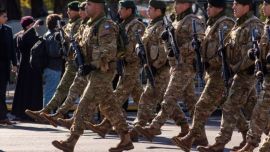








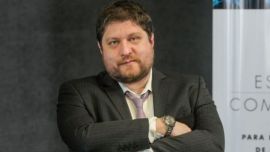
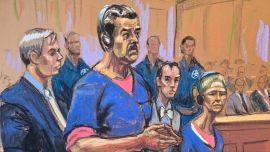

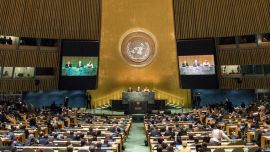
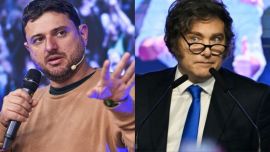
Comments